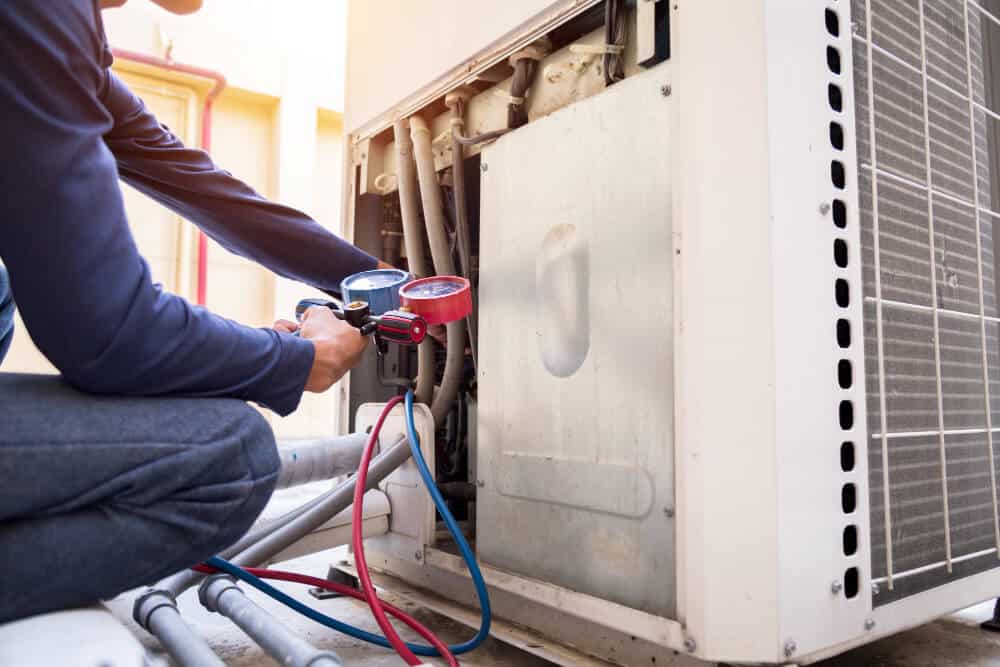MOST COMMONLY OVERLOOKED IN HOME INSPECTION
A new house is the most expensive investment you will ever make; therefore, you must have it professionally examined before closing to make sure your future home is functional and structurally sound.
Your greatest chance of finding any problems or issues of concern is during a home inspection. This can help you to renegotiate the total price of you home before you close the deal. Home inspectors are experts who are knowledgeable in many home systems and all aspects of building. However, it is still very possible for some issues to go unnoticed by the inspector.
1. Roof Leaks
Most home inspectors do not actually climb onto the roof to do the examination. They will use binoculars to scan the area from the ground and from windows on higher floors for any evident defects.

However, the team at Oninspecte is very thorough and makes the effort to climb onto the roof for a complete inspection.
They will also look for indications of water damage within the house. This visual examination will show nail pops and damaged or missing shingles, but it might not show concealed leaks.
2. HVAC Problems
Many intricate electrical parts found in furnaces and air conditioners are vulnerable to damage. Running any HVAC equipment through a heating and cooling cycle will allow the inspector to gauge its general condition. They could also offer you a rough sense of when you would need to start thinking about getting a replacement device.

The unit may fail as soon as you gain control because these tests are fairly sporadic and do not provide assurance.
3. Defective Appliances
All main appliances should be checked to make sure they are in functional and in working condition as part of a thorough home inspection.
In order to ensure there are no leaks or other evident issues, washers, dryers, and dishwashers are routinely put through a few cycles. This is only a preliminary diagnostic analysis to look for any internal problems. Appliances that are going to break down frequently continue to function for the duration of the examination.
4. Grading Issues
Water can seep in around a home’s foundation due to soil settling, improper gutter installation and maintenance, and building mistake, which can harm both the home’s façade and its contents.
Water damage to the foundation can also draw undesirable insects and provides an ideal habitat for the growth of harmful mold. It may be challenging for the inspector to see these problems because of shrubs, bushes, or even snow or leaves.
What Can I do?
It is in your best interest as the buyer to attend the inspection, this will allow you to, make notes and ask questions. This valuable information can be used in your negotiations as well as prepare you for any eventual repairs.

Ask your broker to include a clause in your purchase agreement requiring the seller to permit inspections of the home’s interior spaces, including the basement, attic, and crawl spaces.
If the home inspection reveals anything suspicious, don’t be afraid to get in touch with a roofing business, HVAC professional, or other experts to carry out a more thorough evaluation.


Comments
Post a Comment